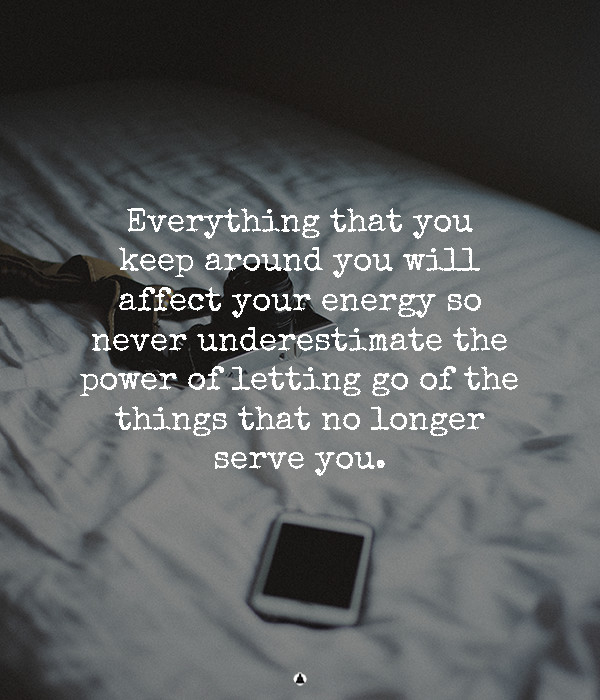Join Our Newsletter
Subscribe with your email to receive the latest news, updates, and exclusive offers.

Do you often take a look around the house and think to yourself how it got so messy? Do you often wonder how all those piles of clothes, books, and toys got on the floor in your living room?
Or what about your office: Do you look around it and wonder how it got to be so cramped with piles of papers and folders? And let’s not forget your calendar: Is it filled with arrangements and meetings that stretch endlessly into the future?
Well, if so, you should know that all this clutter, be it physical or mental, can actually be damaging to your overall health. And science back this up.
Catherine Roster, a professor at the University of New Mexico, and her colleagues investigated how the experiential quality of home and a person’s satisfaction with life are compromised by clutter.
The researchers defined “home” as “not simply an individual’s current physical dwelling, but rather the broader constellation of experiences, meanings, and situations that shape and are actively shaped by a person in the creation of his or her lifeworld.”
Cluttered space makes it hard for you to create that lifeworld and execute all the normal life activities so as to live comfortably and without feeling stressed within it. For example, when the coffee table in your living room is full of dirty cups, magazines, and random gadgets, it is certainly going to be much harder to get that coffee table looking clean and tidy.
Roster and her colleagues with the aid of the Institute for Challenging Disorganization (ICD), which helps individuals that are challenged by chronic disorganization, identified a sample of individuals with mild to moderate disorganization.
The sample frame included a total of 1489 respondents (aged 18 or over), and they were asked to estimate the extent to which they were attached to their homes, perceived their material possessions as an extension of themselves, and felt that their home provided them with psychological comfort.
The results revealed that attachment to home and possession self-extension were positively related to the individual’s sense of psychological home and subjective well-being. Clutter, on the other hand, was negatively related to both of these.
In regard to this, the researchers concluded:
“Clutter is often an insidious and seemingly harmless outgrowth of people’s natural desire to appropriate their personal spaces with possessions that reflect self-identity and remind them of important people, places, and experiences in their lives.
However, when clutter becomes excessive, it can threaten to physically and psychologically entrap a person in dysfunctional home environments which contribute to personal distress and feelings of displacement and alienation.”
So, clutter appears to be a crucial obstacle that you need to get rid of so as to maintain your overall well-being and feel comfortable, secure, and happy in your home environment.
Here are 5 reasons to begin clearing the clutter out of your life:
1. Unhealthier diet.
Did you know that a disorganized and messy kitchen can make you feel out of control, thereby leading you to eat more snacks and cookies compared to an organized and clean one? Well, yes, it can.
So, if your kitchen is chaotic and you don’t want to gain weight or more importantly, ruin your health, you know what you should do – roll up your sleeves and make it shine.

2. Low psychological well-being.
The more cluttered your home is the more stress and anxiety you experience. Why? Because constantly seeing mess all over your house/apartment makes you see yourself as being lazy, unproductive, and useless. Clutter also sucks all the energy out of you and makes you feel tired.
3. Poorer mental well-being.
Just as a cluttered home can drain your energy and cause you to feel stress, a cluttered office can have exactly the same effect.
An office that is full of piles of documents, folders, books, and gadgets or that is cramped with furniture can not only make you feel stressed out and tired, but it can also dampen your productivity.
4. Less efficient processing of visual stimuli.
It’s more difficult for you to understand how others are really feeling when you’re surrounded by clutter than when your visual surroundings have fewer stimuli.
So, it turns out that clutter can not only negatively affect your psychological well-being but also prevent you from creating meaningful and strong relationships with others.
5. Less efficient thinking.
Just as cluttered space prevents you from executing all your day-to-day activities and living a life free of stress, mental clutter prevents you from processing information and using your background knowledge. Clutter can negatively affect both your short and long-term memory.
